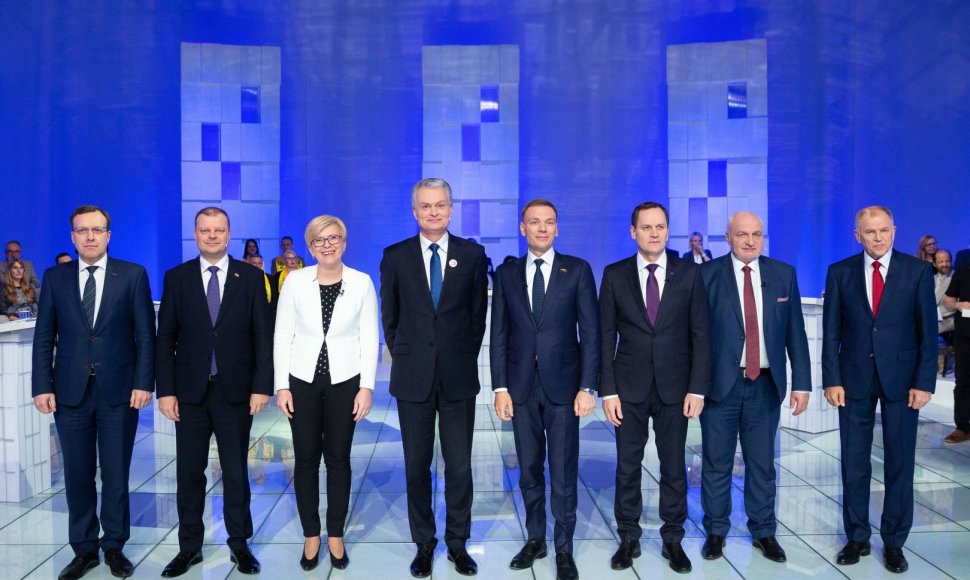It appears that the new Estonian cabinet is nowhere near to fitting the word “boring”. Luckily, the Estonians still have a “boring” president, but having in mind that the President of Estonia only has a symbolic role in the pyramid of power, it is alarming. Nevertheless, the Estonians voted “boringly” in the European Parliament elections, which is encouraging. Lithuanians, meanwhile, showed that they are becoming a “boring” country. The far right and Eurosceptic political forces (we do not have active far left parties/movements on our political horizons, at least so far) gathered less than ten percent from all votes.
Another factor brightens the political mood in Lithuania: the Lithuanian presidential campaign was as “boring” as it could get. Even the first tour with nine hopefuls was very civilised and respectable. The second presidential elections tour saw two candidates, who were competing with each other on positive messages regarding Lithuania’s place in the EU and NATO. One of the most common questions to the “boring” second tour centre-right tour candidates was “what divides you and what are the differences between you two?”
Dr. Gitanas Nausėda, the President elect, will take the office on July 12. This is a long time away in politics, and the current Prime Minister Saulius Skvernelis, who was third in the first round, has promised to resign. We might notice the resignation, and also a split in the ruling Farmers and Green party. Nevertheless, it looks like populism is on a decline in Lithuanian politics and we will not see extreme right or left representatives in our government for the foreseeable future. Very likely even after the Parliamentary elections in 2020. However, it remains to be seen if Lithuania could enter the “boring Nordic” club, at least in terms of political tradition and behaviour. We can only hope, but the trends are encouraging.












